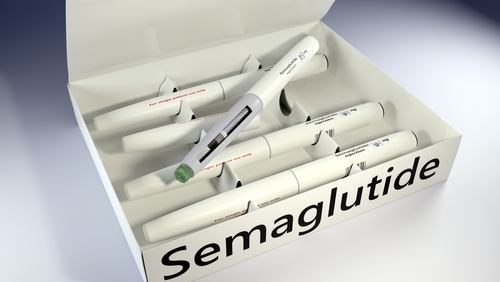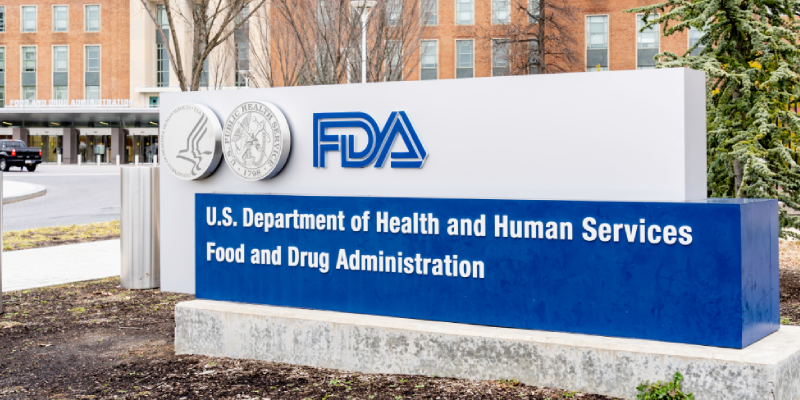Between 2007 and 2017, the prevalence of chronic kidney disease (CKD) increased by 27% and CKD is the 12th leading cause of death globally. CKD is associated with substantial healthcare costs and morbidity. Results of modeling studies project a continued increase in the burden of CKD and an increase in the number of years of life lost, from approximately 26 million annually in 2016 to 52.5 million in 2040. Progression to end-stage renal disease necessitating renal replacement therapy via dialysis or transplantation is a critical complication of CKD. There are associations between CKD and increased risk for cognitive impairment, renal bone disease, chronic anemia, and death from sepsis and cardiovascular disease.
There are limited strategies for the prevention and treatment of CKD. The recent focus has been on detection of mild to moderate CKD and progression to kidney failure, coupled with strategies to prevent and manage hypertension and diabetes in patients without CKD. However, according to Oliver J. Kennedy, BM, BS, PhD, and colleagues , there is a lack of effective population-based strategies aimed at achieving those goals.
Coffee, a complex mixture of chemicals, is commonly consumed and has been shown to be associated with mostly beneficial health outcomes. Results of epidemiologic studies suggest that coffee may protect against liver, neurologic, cardiovascular, and metabolic diseases, all-cause mortality, and some cancers. For many of those conditions, the benefits of coffee may be dose dependent.
Several previous studies among regular coffee drinkers have reported lower risks for reductions in estimated glomerular filtration rate (eGFR) and CKD. However, because individuals with risk factors for CKD such as high body mass index, hypertension, and smoking, also tend to drink more coffee, there is also the risk for reverse causation if coffee intake decreases due to onset of CKD. To overcome those limitations, Dr. Kennedy et al. conducted a genome-wide association study (GWAS) using Mendelian randomization to examine the effects of coffee consumption on kidney health. Mendelian randomization exploits genetic variations that affect modifiable risk factor exposure to estimate a causal association. Study results were reported in the American Journal of Kidney Diseases [2020;75(5):753-761].
The study utilized baseline data from the UK Biobank cohort; the cohort included 227,666 participants. All participants provided samples for genetic analysis; at baseline, coffee consumption was identified from a dietary questionnaire. Kidney outcomes were identified using CKDGen Consortium data.
The study exposure was coffee consumption; the outcomes of interest were eGFR, CKD GFR categories 3 to 5 (G3-G5; eGFR <60 mL/min/1.73 m2) and albuminuria, defined as urinary albumin-creatinine ratio >17 mg/g in men and >25 mg/g in women.
The eGFR GWAS included 48 studies, including cross-sectional case-control, cohort, and randomized controlled studies, and 13,814 participants of various ethnicities. The CKD GWAS included a subset of 43 studies and 117,165 participants (12,305 CKD cases/outcomes; 104,780 controls/noncases). In the included studies, mean age ranged from 37 to 81 years of age, mean eGFR ranged from 71.2 to 104.8 mL/min/1.73 m2, the prevalence of CKD G3 to G5 ranged from 0.2% to 32.3%, and the prevalence of diabetes and hypertension both ranged from 0% to 100%.
The albuminuria GWAS included 54,450 participants of European ethnicity. In the included studies, mean age ranged from 44.9 to 77.8 years, median urinary albumin-creatinine ratio ranged from 2.5 to 15.6 mg/g, and the prevalence of albuminuria and diabetes ranged from 2.4% to 25.2% and from 1% to 100%, respectively. There were approximately 6000 cases of albuminuria. The data used in the current study were summary-level and had been published by the CDKGen Consortium in meta-analyzed form.
In the UK Biobank, 2126 single-nucleotide polymorphisms (SNPs) were associated with coffee consumption; of those, 574 were available in the CKDGen GWAS. Following removal of SNPs that were in linkage disequilibrium and one unrecorded palindromic SNP, 25 remaining SNPs were available for coffee-kidney Mendelian randomization analyses.
Results demonstrated that drinking an extra cup of coffee per day conferred a protective effect against CKD G3-G5 (odds ratio [OR], 0.84; 95% confidence interval [CI], 0.72-0.98; P=.03) and albuminuria (OR, 0.81; 95% CI, 0.67-0.97; P=.02). Following removal of three SNPs responsible for significant heterogeneity, an extra cup of coffee was also associated with higher eGFR.
Limitations to the study included the assays used to measure creatinine and albumin varied between the studies that contributed data, and using a sex-specific definition for albuminuria rather than Kidney Disease Improving Global Outcomes guideline recommendations.
In conclusion, the researchers said, “This Mendelian randomization analysis suggests a protective role of drinking coffee in maintaining kidney health among regular coffee drinkers. The importance of these findings is underlined by modeling predictions of growing CKD prevalence in the United States in the next decade, which are most sensitive to assumptions in rates of eGFR decline. This is in the context of a lack of effective interventions to prevent declines in eGFRs among populations with and without CKD. Next steps should include further Mendelian randomization studies to investigate associations of coffee with important risk factors, particularly diabetes and hypertension, which may mediate the effect on CKD. A nonlinear dose-response at higher levels of consumption should also be investigated. This will better define the potential role of coffee in preventing CKD onset and progression and inform the design of a randomized controlled trial with a coffee-based intervention.”
Takeaway Points
- Researchers in the United Kingdom conducted a genome-wide association study and Mendelian randomization to examine the impact of coffee consumption on kidney function.
- Results of the study suggested a beneficial effect of coffee consumption in kidney function and a protective role in maintaining kidney health.
- Further studies should examine associations of coffee with renal risk factors such as diabetes and hypertension.







 © 2025 Mashup Media, LLC, a Formedics Property. All Rights Reserved.
© 2025 Mashup Media, LLC, a Formedics Property. All Rights Reserved.